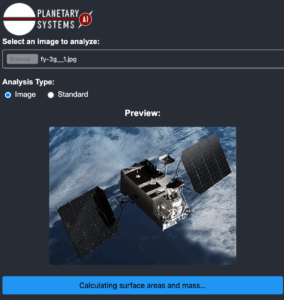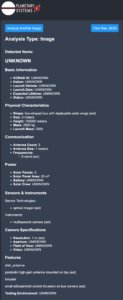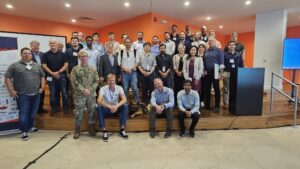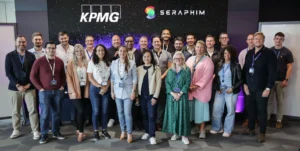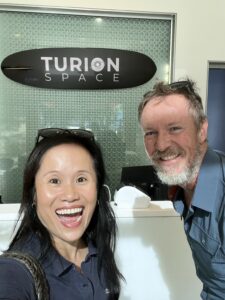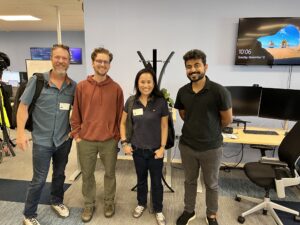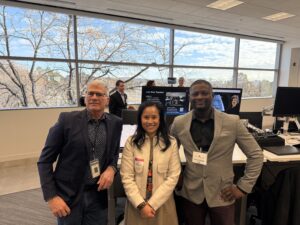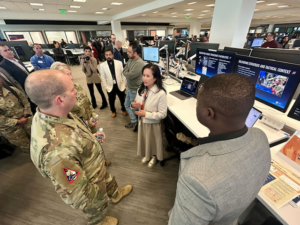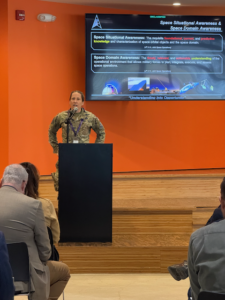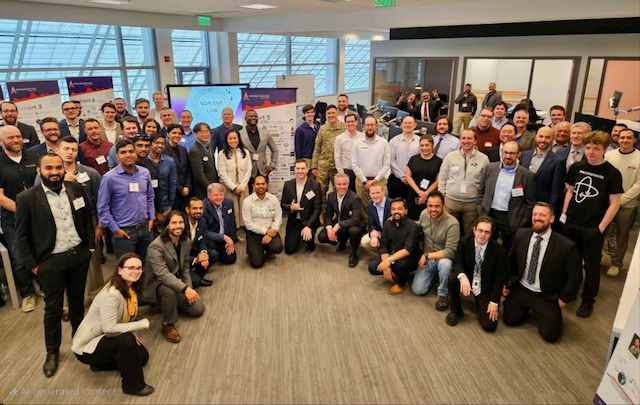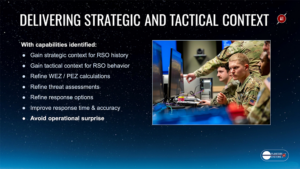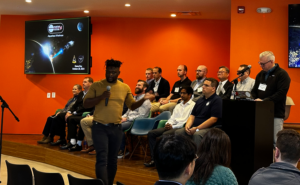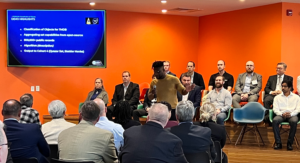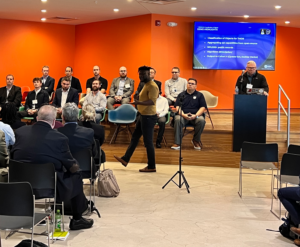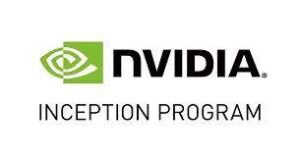Planetary Systems AI Awarded Second Annual License Subscription by U.S. Space Systems Command’s Space Domain Awareness (SDA) TAP Lab
From the period of 5 February through 29 April 2025, Planetary Systems AI successfully demonstrated the ability to use generative AI to read large quantities of semi/unstructured text and imagery to populate the Lab’s Target Model Database (TMDB).
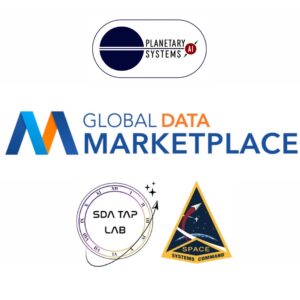
New York, NY, May 12, 2024 – Planetary Systems AI (PSAI), a dual-use space and defense tech company accelerating data flow and insight generation for decision-making in the space sector to optimize planetary support operations, announced today that it has been awarded a second annual subscription license by U.S. Space Systems Command’s Space Domain Awareness (SDA) Tools Applications and Processing (TAP) Lab after the completion of the Apollo Accelerator Cohort 6. This program enabled PSAI to demonstrate its capabilities for image-to-text object classification combined with the use of PSAI’s initial subscription license to the SDA TAP Lab – an application using generative AI to read large quantities of semi/unstructured text and imagery to populate the Lab’s Target Model Database (TMDB). The TMDB, once populated with details about a satellite’s payloads, power, and propulsion systems can be used to evaluate potentially threatening close approaches and automated alert system for the Welder’s Arc battle management system.
“Welder’s Arc is a fully automated, multi-vendor, prototype space threat warning system building partnerships with industry, academia, government, partners, and allies (IAGPA) in the SDA TAP Lab. There have been over 100 companies that have participated in Apollo Accelerator from almost a dozen countries totaling several hundred individuals. Retention is fairly high. We are changing commercial SDA market forces for the better to ensure long term viability of the small business base.” – SDA TAP Lab Chief, Major Sean Allen on the vision of the Apollo Accelerator.
“PSAI is leveraging our multi-modal AI expertise and capabilities to work with the U.S. government, its allies, and our commercial partners to ensure that automated decision support subsystems are accelerated and enhanced through our AI solutions,” said CEO & Chief Space Officer Cindy Chin. “Our CTO Aaron Sloman and Mack Reed on behalf of the team were excited to showcase computer vision experience in an image-to-text capability during the SDA TAP Lab Cohort 6 Demo Day with U.S. Space Systems Command, the U.S. Space Force, U.S. Space Command and other government and industry partners.”
PSAI will continue to increase space vehicle imagery to its AI model and agentic AI capabilities in its architecture, responding to maneuver alerts in a given scenario related to threat warning and assessment. The current database is structured for direct integration with, query by, and display in SDA tools. PSAI’s APIs and applications can be used with maneuver-event data for inferring potential for threats and determining proximity. Entries were filtered for validity by an AI model trained on Joint Commercial Operations (JCO) Notice to Space Operators records and other trusted analytic sources.
About SDA TAP Lab (https://sdataplab.org/): The Space Domain Awareness TAP Lab accelerates the delivery of space battle management software to operational units. We decompose kill chains, prioritize needs with operators, map needs to technologies, and onboard tech to existing platforms quickly. We partner with industry, academia, and across the government to succeed.
About Planetary Systems AI (www.planetarysystems.ai): PSAI is a planetary support company accelerating data flow and insight generation for decision-making in the space sector, optimizing planetary support operations.
Planetary Systems AI Press Contact:
Mack Reed
Head of Product
E: pr@planetarysystems.ai
Download a PDF of this Press Release

